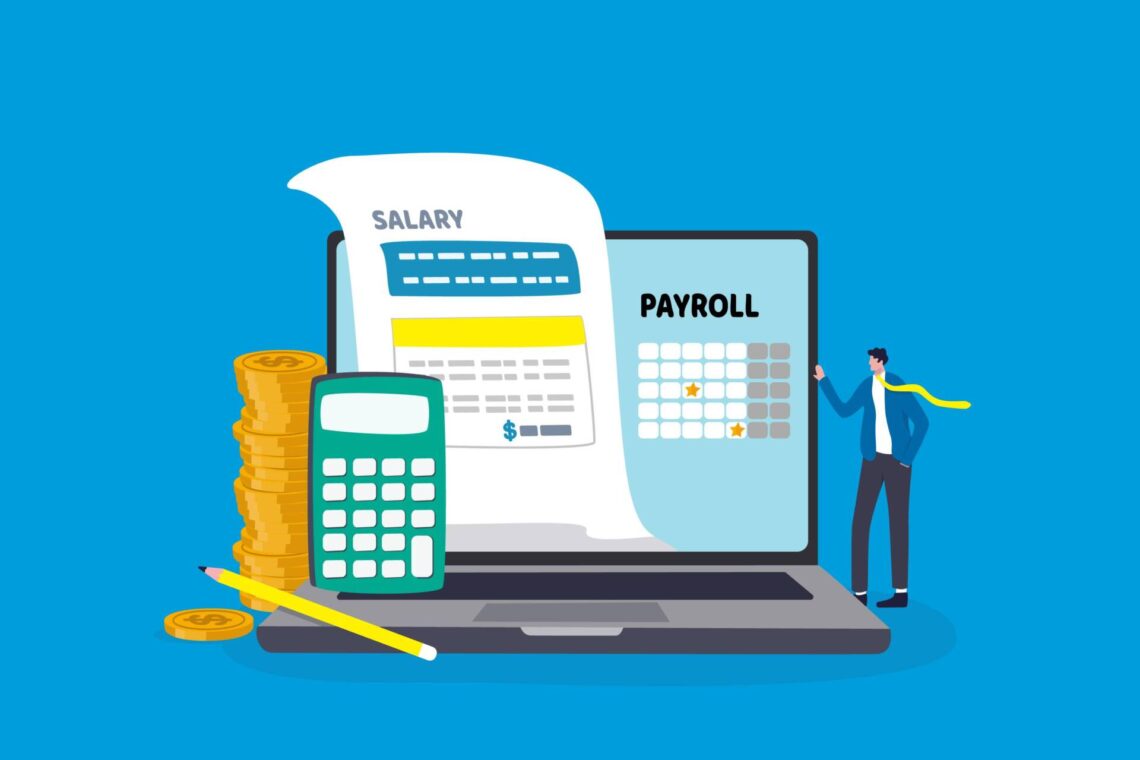Home sweet office? You can certainly cash in on that! Whether you’re freelancing, consulting, or running the show from your living room, understanding home office tax deductions can be a game-changer. Let’s unpack some juicy ways that home businesses can squeeze the most out of their tax benefits with home office deductions.
Understanding How Home Office Deductions Work
There are certain costs you can claim if your home also doubles up as your workplace. But remember, there are a couple of rules that apply:
- Only for Business: Your home office needs to be an area that you use just for business, and it needs to be somewhere that you use often. So, your kitchen table probably won’t cut it!
- Main Business Spot: Even if you travel for work, your home office needs to be the main place where you conduct most of your business. Whether it’s meeting clients, doing paperwork, or storing your business records, it mostly needs to happen here.
How to Calculate Home Office Deductions
In Australia, you’ve got two main options to claim deductions for your home office:
- Fixed Rate (simple method): opt for this method to claim a set rate of 67 cents per hour for your home office activities. This one-size-fits-all rate includes additional expenses such as electricity and furniture wear and tear.
- You can claim the fixed rate method even if you don’t have a dedicated office space, provided you operate as a sole-trader.
- Actual Expenses (detailed method): If you’re feeling adventurous, this method allows you to claim the actual costs associated with your home office. This includes a portion of your electricity bills, heating, cooling, cleaning expenses, and furniture depreciation.
What about Rent or Mortgage payments
- Sole Traders and Partnerships: If your home has the characteristics of a ‘place of business’ such as it’s identifiable as a place of business, used regularly for visits by clients and the area you’ve set aside is not easily adaptable or used for private purposes, you may be able to claim occupancy costs such as a portion of your rent or mortgage interest. Do be aware that you may need to pay capital gains tax if you later sell your home and it has been used as a place of business
- Companies and Trusts: For your company or trust to be able to claim home-based business costs, there first needs to be a genuine rental agreement, at market rates, between the homeowner and the business. The agreement should state what expenses the business is paying for. If your business generates Personal Services Income there could be restrictions on what it can claim for home office expenses.
Six Tax Strategies for Home Businesses
Now, let’s delve into some effective strategies to maximize your tax savings as a home-based business owner:
Maintain accurate and detailed records
First and foremost, ensure that you are keeping meticulous records of all your business expenses. This includes receipts, invoices, and any other documentation that can substantiate your claims. Jot down the hours you clock in your home office to back up your fixed rate method claims too.
Choose the home office calculation method best suited to your circumstances
Consider both calculation methods before selecting the one you’re most comfortable with, and the one that will deliver the greater deduction for you. It’s also important that you accurately calculate the percentage of your home used for business to avoid any complications.
Asset Depreciation
Another strategy is to take advantage of the simplified depreciation rules for small businesses. The instant asset write-off allows you to immediately deduct the cost of assets up to a certain threshold, which can significantly reduce your taxable income.
Super Contributions
Don’t overlook the importance of superannuation contributions. As a business owner, you can make deductible super contributions for yourself, which not only boosts your retirement savings but also provides tax benefits.
Consider Other Business Deductions
Don’t forget to claim other business-related expenses, such as phone and internet costs, stationery, computer consumables and professional memberships. These can all be deducted to further reduce your taxable income. Keep in mind if you’re using the fixed rate home office method some of these expenses are already included. If you operate your business through a company or trust you will want any accounts to be held in the trading entity’s name.
Seek Professional Advice
Consider seeking professional advice from a tax advisor or accountant who specialises in small businesses. They can provide personalised strategies and ensure you are compliant with all relevant tax laws, helping you to maximise your savings while avoiding any potential pitfalls.
To summarise
Running a home-based business comes with various benefits, such as potential tax savings through home office deductions. To make the most of these savings and enhance your business’s financial well-being, follow these steps:
- Understand the eligibility criteria for deductions
- Choose the most suitable method for calculating deductions
- Maintain detailed records of your expenses
- Claim all eligible expenses
- Seek help from a professional when needed
It’s time to do your homework, collect all necessary documents, and put these strategies into action. By planning ahead and sticking to the tax rules, you’ll be in a great position to focus on growing your business.
You might also like to consider the money you save on taxes as a bonus to invest back into your business. So, let’s start implementing these tax-saving strategies today and you’ll be paving the way for ongoing success in your home-based business venture.





